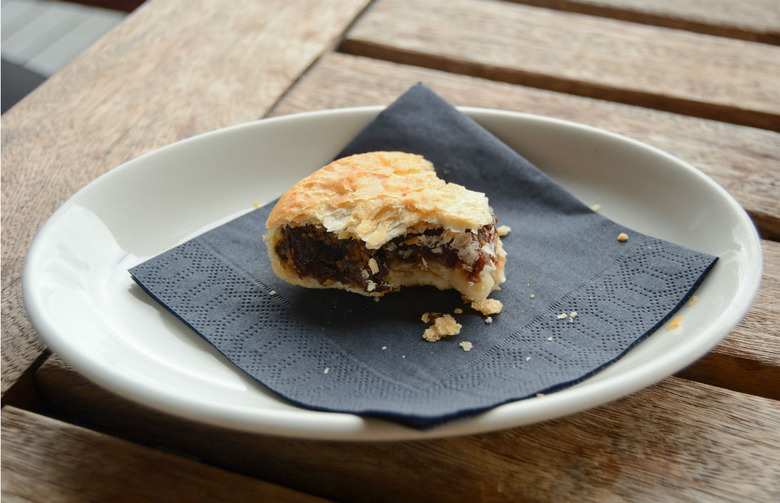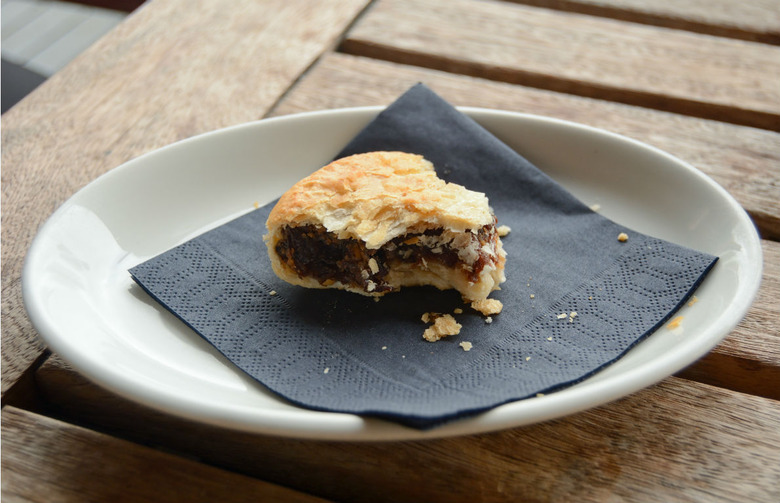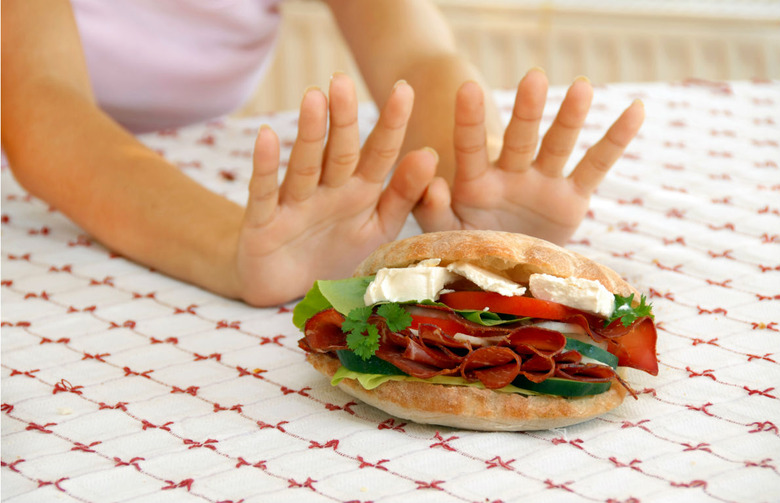10 Ingenious Terms Other Languages Use To Talk About Food
10 Ingenious Terms Other Languages Use to Talk About Food
English has adopted words from many different languages, but these ones — unfortunately — didn't make it.
Drachenfutter (German)
Nobody does compound words like the Germans. Drachenfutter (literal translation: dragon fodder) refers to the food a man uses to mollify his wife or girlfriend after he has annoyed her.
Empacho (Spanish)
We do have a word for this in English: food coma! However, the Mexican interpretation of this term is a little more serious. It refers to the abdominal pain that hits you after you have eaten a very big meal — when the pain is severe enough that it can lead to vomiting.
Engili (Telegu)
Telegu, a language spoken in South India, has a word for a piece of food that has already been bitten into. It's not innocuous, though; engili also translates to "defiled food."
Kummerspeck (German)
Move over, ice cream. Kummerspeck, which literally translates to "grief bacon," refers to the weight gained by somebody who emotionally overeats after a romantic failure.
Lalew (Filipino)
On the opposite pole from "grief bacon," lalew refers to someone who is so devastated that he or she eschews eating altogether.
Madárlátta (Hungarian)
Madárlátta refers to food one takes along on a picnic or hike, but does not eat. The literal translation is "bird seen," which signifies that a bird has seen the food being carried.
Pesamenteiro (Portuguese)
When someone goes to a funeral on the pretext of offering condolences, but is actually only there for the free food. People had to do it often enough for there to be a word for it, right?
Pisan zapra (Malay)
Pisan zapra refers to the time it takes to eat a banana. If only there was a word for that horrible wet chewing noise people make when they eat the mushy fruit...
Shemomedjamo (Georgian)
Every food-lover is guilty of shemomedjamo: continuing to eat food even though there is no room left in their stomachs.
Suilk (Scots)
Suilk is an old term for the act of swallowing food very, very audibly. Not sure why such we don't use such a useful term in English!











